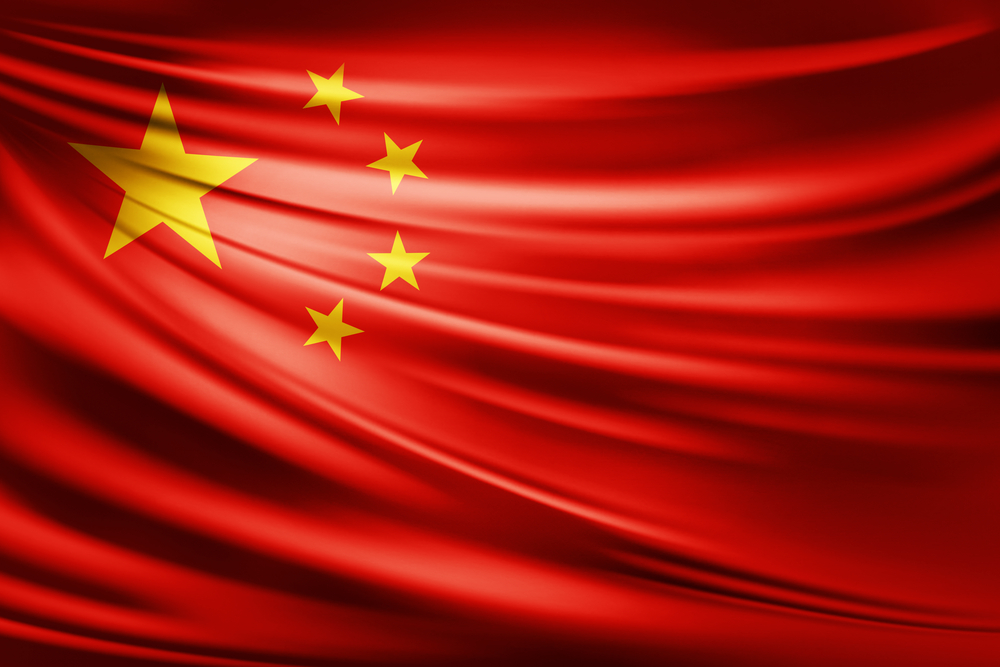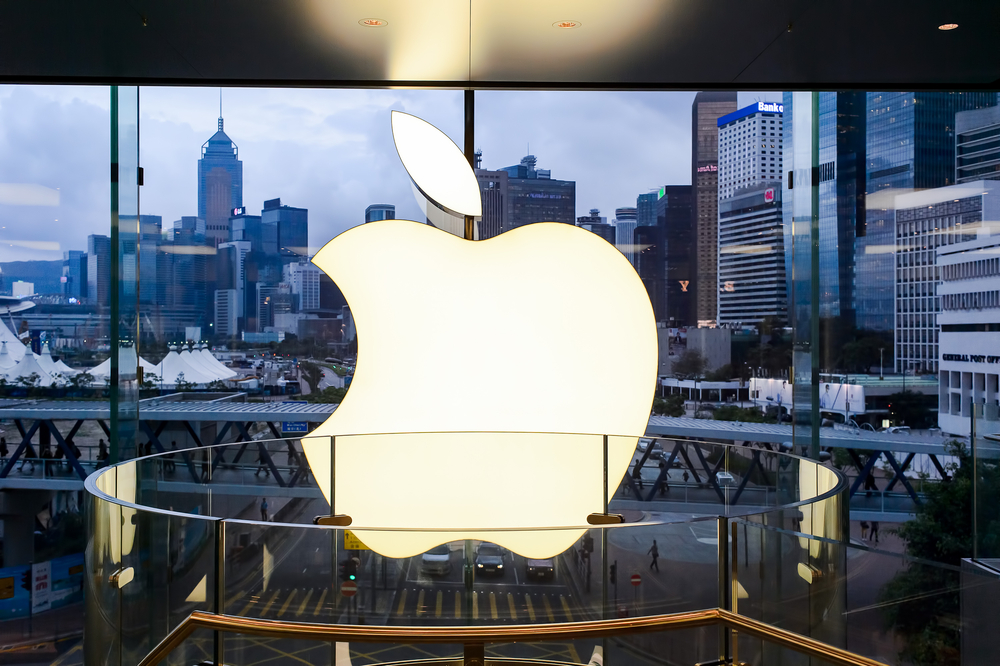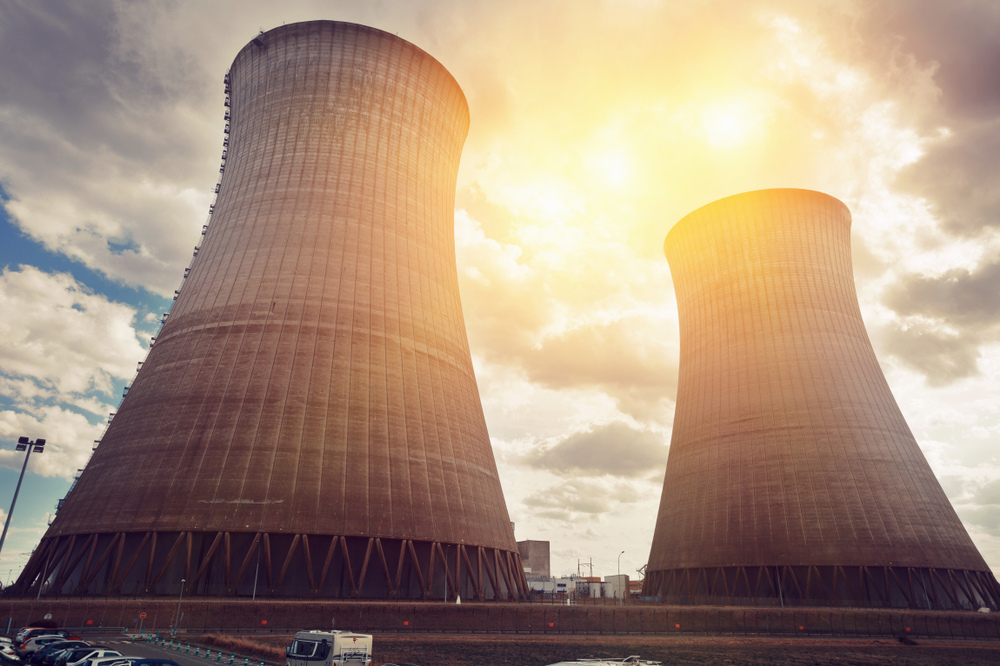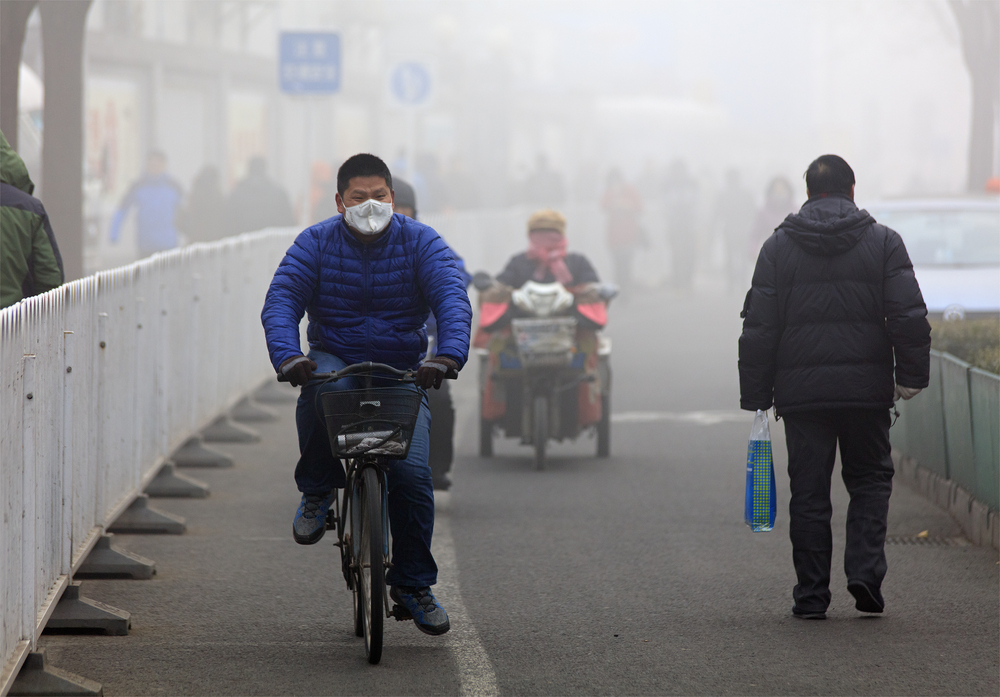RIYADH: European gas prices hit record highs: oil prices on both sides of the Atlantic are at their highest since 2014; while US businesses such as Boeing and Apple are taking measures against Russia.
Highlights:
- China refuses to impose financial sanctions on Russia.
- Shares in Russian aluminum giant Rusal plunged 26 percent on Wednesday after the world’s largest commodity trader said it would review its business ties in Russia while condemning the country’s invasion of Ukraine.
- Dubai’s Mashreqbank has halted lending to Russian banks due to heightened risk from the Russia-Ukraine war..
- Russia's central bank kept stock market trading on the Moscow Exchange suspended for a third day in a row on Wednesday, but said it would allow a limited range of operations for the first time this week
- European gas prices surged Wednesday to a new record high on concern about supplies from Russia in the wake of its invasion of Ukraine.
- The price of US oil - West Texas Intermediate crude has also spiked up to $109 a barrel.
- Rise in oil prices came just a few hours after the International Energy Agency's members decided to release 60 million barrels of oil from emergency stockpiles.
- South Korea has also joined the list of western countries imposing bans on Russian banks, including Sberbank, VEB, PSB, VTB, Otkritie, Sovcom, and Novikom.
- Apple Inc halted its product sales in Russia, Bloomberg said.
- American aviation giant Boeing has decided to suspend all support for Russian airlines and its operations in Moscow, according to an FT report.
- Siemens Energy AG is stopping all businesses in Russia, according to a Reuters report.
Minister Hagiuda participated in the Extraordinary IEA, International Energy Agency Ministerial, and agreed to a coordinated release of 60 million barrels of oil as an IEA member to stabilize the energy market in light of the impact of Russia's invasion of Ukraine on oil supply. pic.twitter.com/Tac4BfksOE
— METI, Japan (@METI_JPN) March 1, 2022
Oil majors depart
Exxon Mobil on Tuesday became the latest oil major to exit Russia oil and gas operations that it has valued at more than $4 billion and halt new investment as a result of Moscow’s invasion of Ukraine.
The decision will see Exxon pull out of managing large oil and gas production facilities on Sakhalin Island in Russia’s Far East, and puts the fate of a proposed multi-billion dollar liquefied natural gas facility there in doubt.
It joins Shell and BP who have dropped all Russian ventures, while TotalEnergies has decided not to invest in new Russian projects.
We issued the following statement regarding the situation in Ukraine today. https://t.co/TVF1yL3Ga6 pic.twitter.com/d29DWVEzDz
— ExxonMobil (@exxonmobil) March 2, 2022
Pressure on Eurozone mounts
The euro has plunged to its weakest since March 2020. The latest updates suggest that the common European currency fell half a percent to as low as $1.1069, according to a Reuters report.
However, the dollar is going strong, with the index 0.4 percent to 97.755.
Russia's Ruble is still facing the heat at 108 per dollar, having fallen as low as 120 earlier in the week. Eurostat, the statistical office of the EU, reported eurozone inflation hitting a record annual high of 5.8 percent in February since records began in 1997.
China refuses to join in sanctions
China won’t join the United States and European governments in imposing financial sanctions on Russia, the country’s bank regulator said Wednesday.
China is a major buyer of Russian oil and gas and the only major government that has refrained from criticizing Moscow’s attack on Ukraine.
Beijing opposes the sanctions, said Guo Shuqing, the chairman of the China Banking and Insurance Regulatory Commission.
“We will not join such sanctions, and we will keep normal economic, trade and financial exchanges with all the relevant parties,” Guo said at a news conference.
“We disapprove of the financial sanctions, particularly those launched unilaterally, because they don’t have much legal basis and will not have good effects.”

US businesses
As Russia stages large military onslaught on Ukraine, several US-based businesses are cutting ties with the European giant, in an attempt to show solidarity with war victims.
Google and Meta have restricted or withdrawn services in Russia since the invasion of Ukraine.
Since then, several top American companies partially or completely halted their business operations in Russia.
Apple Inc., the manufacturer of the iPhone, has halted its product sales in Russia.
The American tech giant has also removed RT News and Sputnik News applications from App Stores outside Russia.
FedEx and UPS, two of the largest shipping companies in the world have now stopped shipping to Russia.
These companies have also announced the suspension of both inbound and outbound packages in Ukraine citing security reasons.
The aviation industry is also strongly responding to Russia's ongoing invasion of Ukraine.
Delta Air Lines, one of the largest US carriers, has suspended its "codeshare services" with Russia's Aeroflot.
Boeing announced on Mar. 1 the suspension of all support for Russian airlines and its operations in Moscow.

Government funds
The British Columbia Investment Management Corp is actively working to sell Russian securities after Russia's invasion of Ukraine, the Canadian province's public sector pension fund said on Tuesday.
"BCI has not only been working to sell the Russian shares in our clients' portfolios but also to have Russia removed from all global and emerging market indices," Chief Executive Gordon Fyfe said in a statement.
Banking
ING Groep NV, the largest Dutch bank, has announced it will not do any new business with Russian companies.
The firm has wholesale banking offices in both Russia and Ukraine, with 400 Russian employees and 110 Ukraine employees.
The bank said it remained in close contact with employees in both countries.
Out of ING's 600 billion euro ($666 billion) loanbook, around 4.5 billion euros is outstanding with Russian clients and 600 million euros with Ukrainian clients.
"We strongly condemn the invasion of Ukraine, the devastating and heartbreaking impact it has on people’s lives and the threat it poses to international stability and security,” said Steven van Rijswijk, CEO of ING Group in a statement.
The bank said that in addition to halting new business with Russian companies, it would waive transaction fees for retail transactions to Ukraine.
It said it is complying with international sanctions.
Russian oil, gas to Britain
Russia can still send oil and gas to Britain despite a ban on the country’s ships visiting British ports, the Department for Transport said on Wednesday.
Britain on Tuesday passed a law that it said banned all ships that have any connection to Russia from entering its ports. It applied to all ships that are Russian owned, operated, controlled, chartered, registered or flagged, Reuters reported.
However, the transport department said the sanctions were focused on the vessel, not its cargo, and so would not stop ships registered with other countries from transporting Russian oil or liquefied natural gas to Britain.
G7 looks to stop cryptoassets
The Group of Seven industrialized nations are examining ways to stop individuals or companies targeted by Western sanctions over Russia’s invasion of Ukraine using cryptocurrencies to dodge the punitive measures, Germany’s finance minister said on Wednesday.
“We should take measures to prevent listed persons and institutions from switching to unregulated cryptoassets. We are working towards this in the context of the German presidency of the G7,” said Christian Lindner.
Cryptocurrency purchases in rubles have climbed to a record high since the US and Western allies have sought to cripple Russia’s banking sector and currency with a barrage of sanctions over last week’s invasion.
They include cutting selected Russian banks from the SWIFT messaging system, rendering them isolated from the rest of the world.





















